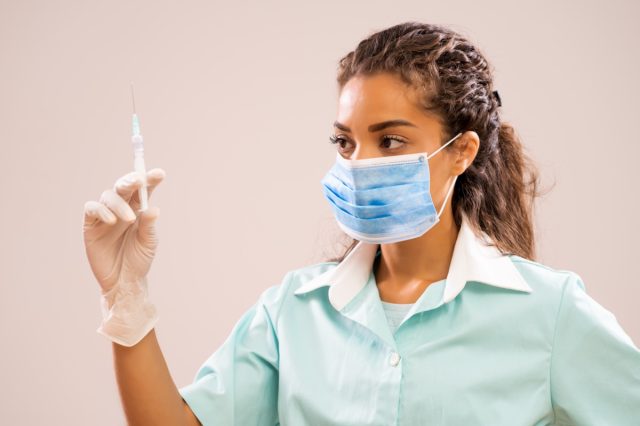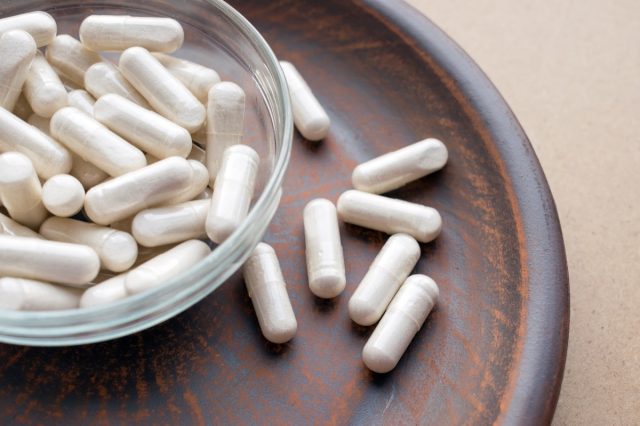Dietary supplements are causing thousands of people to end up in the ER every year. Because the FDA classes supplements as food rather than medicine, it can be difficult to know what’s safe and what isn’t. “This has huge consequences for the whole category of dietary supplements—from vitamins, minerals, probiotics and all sorts of new ingredients,” says Pieter Cohen, MD, internist at Cambridge Health Alliance and associate professor of medicine at Harvard Medical School. “What it means is that the manufacturer can introduce anything into the market that they believe is safe. The FDA’s job is to identify the products that are causing harm after they’ve been on the market and remove them from store shelves… Because the FDA isn’t vetting these products before they show up on store shelves or on the internet, what happens is that they can pose unpredictable risks.” Here are five supplements physicians want you to avoid. Read on—and to ensure your health and the health of others, don’t miss these Sure Signs You’ve Already Had COVID.


Despite an explosion in “miracle” COVID-19 cures and quack science products, there is no product that can prevent or cure the virus. “Taking quercetin, zinc, or vitamin D and other nutritional supplements cannot prevent or treat coronavirus infection or COVID-19,” say Lisa Maragakis, M.D., M.P.H., and Gabor Kelen, M.D. “The same is true of essential oils — they are not effective to prevent coronavirus disease. The best ways to stay safe from COVID-19 are getting vaccinated, wearing a mask (especially in crowded or indoor settings), keeping your hands clean and practicing physical distancing.”


There’s a huge difference between drinking a cup (or three) of coffee, and taking energy-boosting supplements which may contain dangerous levels of caffeine. “I think it’s important to be aware that caffeine is generally safe in the doses most people consume,” says Jeffrey Goldberger, MD, University of Miami cardiologist. “But it does have the potential to be dangerous at extremely high doses, and there are people who have some sensitivities to it.”
RELATED: If You Notice This on Your Body, Have Your Arms Checked


Kava is extremely toxic to the liver, and has been banned in the U.K. “More than 100 cases of liver toxicity related to the use of kava have been identified, some leading to liver transplant and some leading to death,” says Robert Ashley, MD. “There are many reasons for liver damage. For one, kava depletes glutathione, a chief antioxidant, within the liver. It also inhibits enzymes involved in the metabolism of many drugs. Many of the cases of liver toxicity were seen in people who had prior liver disease or used alcohol in addition to kava.”
RELATED: How Long Do COVID Symptoms Last?


Want to lose weight? Don’t waste your money on useless and often dangerous weight-loss supplements. “Many weight loss supplements contain ingredients that are contaminated, ineffective, dangerous, or actually illegal,” says clinical toxicologist Rose Ann Gould Soloway, RN, BSN, MSEd, DABAT. “Some people become ill after taking these products. Some have interactions with medicines. It can be hard to get your money back. Worst of all, these products often don’t help.”
“Weight-loss products accounted for one quarter of all single-product ED visits and disproportionately affected women,” says Susan Farrell, MD.
RELATED: COVID Symptoms That Worry Doctors Most


Using male sexual enhancement supplements may do more harm than good—especially as the product labels may not be accurate about ingredients. “These supplements might contain the active ingredients found in prescription erectile dysfunction medications — though made illegally without any quality control — or they might contain one of more than 45 chemical agents that have never been tested in humans,” says Pieter Cohen, M.D.